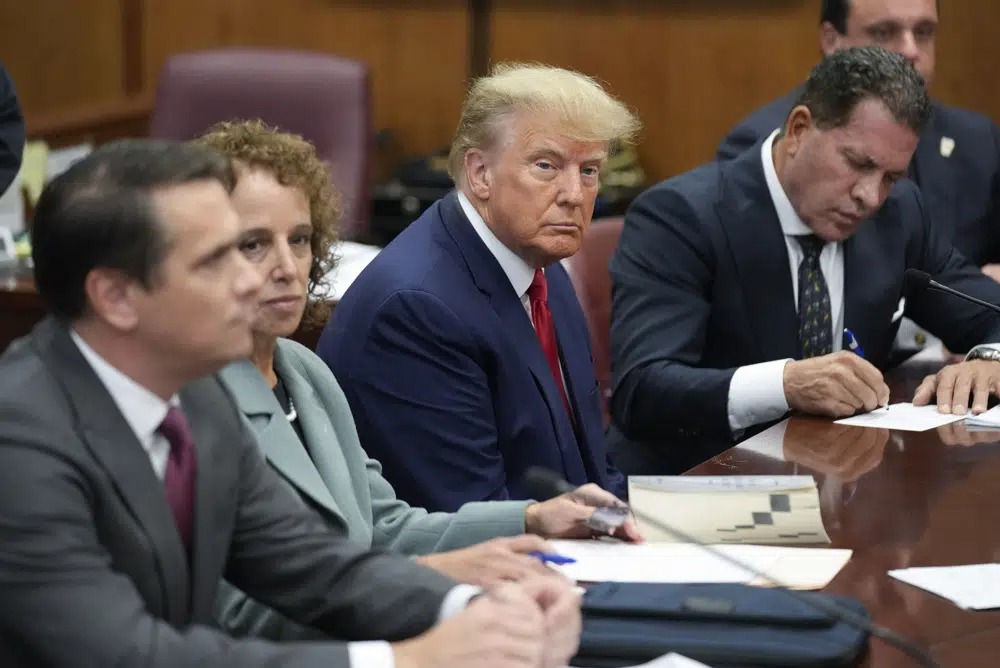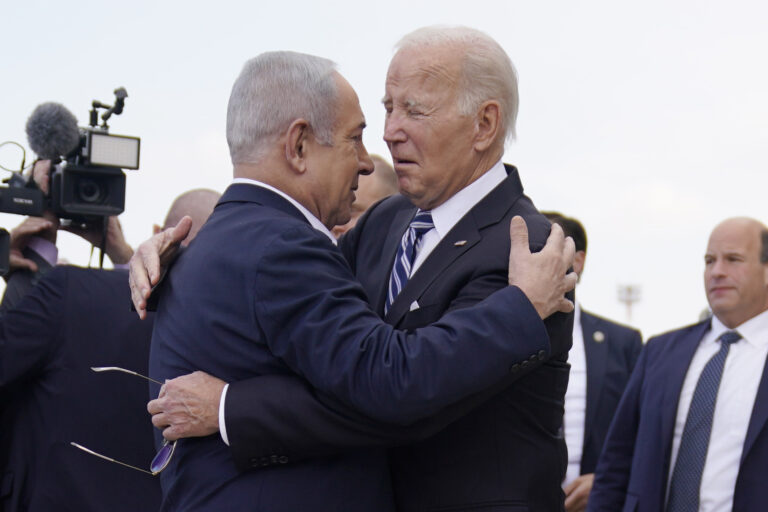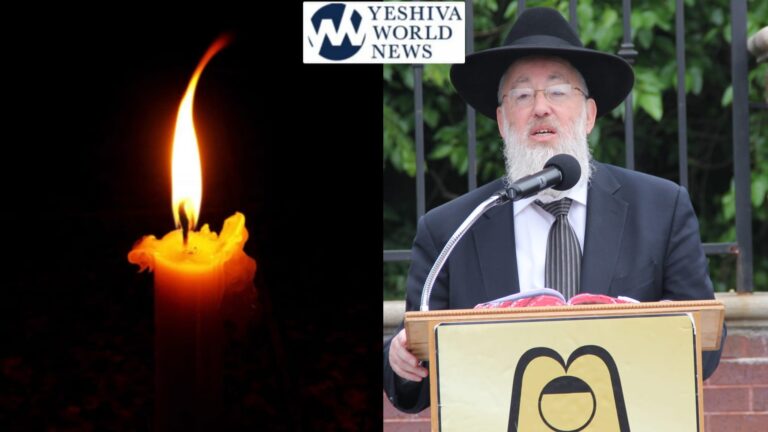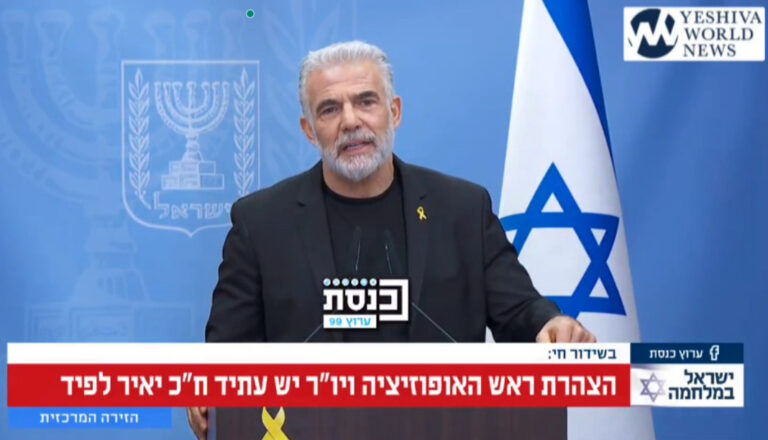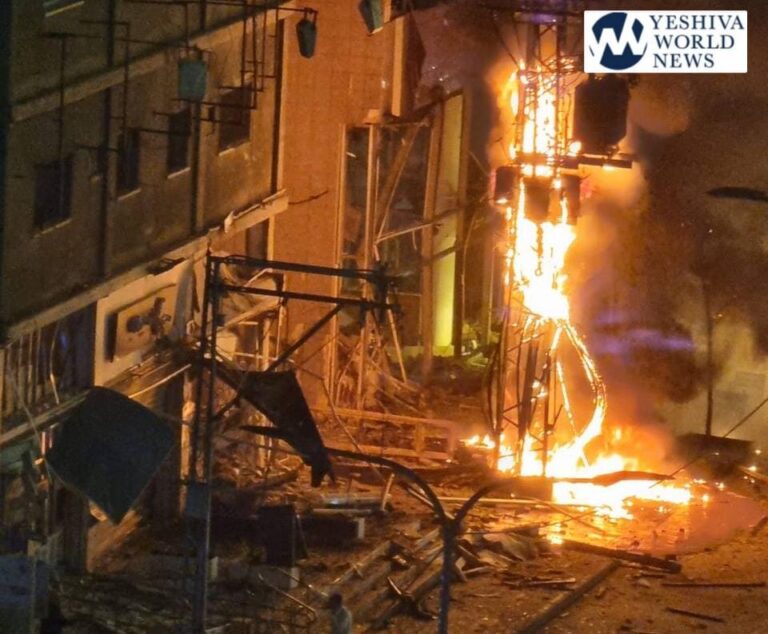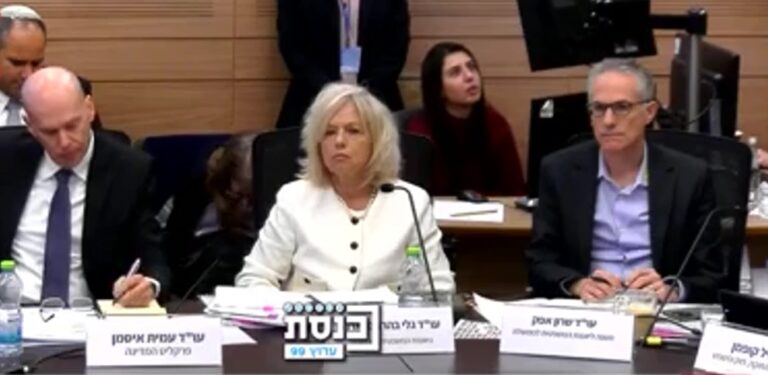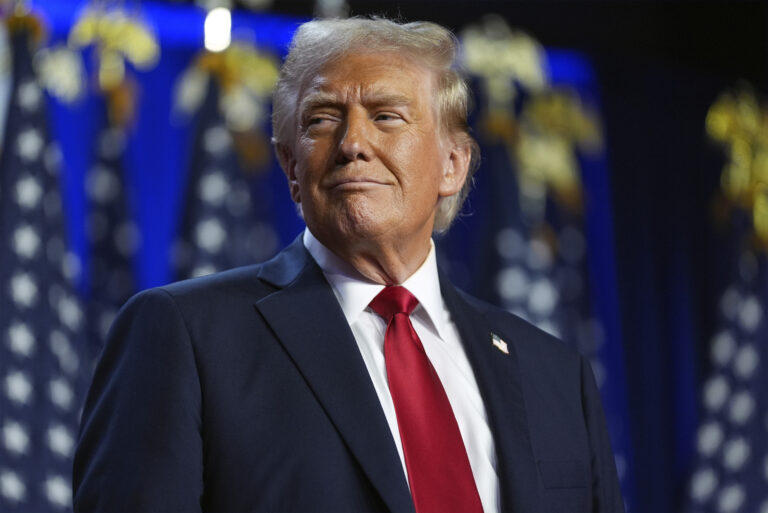A recent $5 million defamation verdict hasn’t kept Donald Trump quiet. Will a stern warning from the judge in his Manhattan criminal case?
That’s the question looming over a hybrid hearing Tuesday where the former president is set be instructed on new rules barring him from using evidence in the hush-money case to attack witnesses who could testify against him.
Trump won’t have to show up to court for the afternoon hearing at a Manhattan courthouse, avoiding the mammoth security and logistical challenges that accompanied his arraignment last month.
Instead, the Republican will be connected by video conference, with his face beamed onto courtroom TV monitors. His lawyers and prosecutors must still appear in person.
The hearing comes a day after the plaintiff in the defamation case, writer E. Jean Carroll, filed a new claim seeking an additional $10 million or more to hold Trump liable for remarks he made bashing her on CNN the day after the May 9 verdict.
In the defamation case, a jury found that Trump assaulted Carroll at a Manhattan department store in early spring 1996 and that he made false statements that damaged her reputation after she went public with her claims in a 2019 book.
Trump remained undeterred, writing on his Truth Social platform Tuesday that he “never met” Carroll and that her allegations were a “Fake, Made Up Story” and a “TOTAL SCAM.”
“The Carroll case is part of the Democrats playbook to tarnish my name and person,” Trump said, echoing his contention that his criminal case and other legal challenges are part of a politically motivated “witch hunt.”
The judge in Trump’s criminal case, Juan Manuel Merchan, issued a protective order May 8 listing restrictions on Trump’s pretrial behavior. He agreed to take the extra step of personally instructing him on the rules in light of Trump’s public persona and status as a current presidential candidate.
Trump is allowed to speak publicly about the criminal case, according to Merchan’s order, but he risks being held in contempt if he uses evidence turned over by prosecutors in the pretrial discovery process to target witnesses or others involved in the case.
Trump pleaded not guilty on April 4 to 34 felony counts of falsifying business records related to payments his company made to his former lawyer, Michael Cohen. Prosecutors say those payments were intended to reimburse and compensate Cohen for orchestrating hush money payments during the 2016 campaign to bury allegations of extramarital encounters. Trump denies having had extramarital flings and says the prosecution is politically motivated.
Merchan’s protective order bars Trump and his lawyers from disseminating evidence to third parties or posting it to social media, and it requires that certain, sensitive material shared by prosecutors be kept only by Trump’s lawyers, not Trump himself.
Prosecutors sought the order soon after Trump’s arrest, citing what they say is his history of making “harassing, embarrassing, and threatening statements” about people he’s tangled with in legal disputes.
Merchan, noting Trump’s “special” status as a former president and current candidate, has made clear that the protective order shouldn’t be construed as a gag order and that Trump has a right to publicly defend himself.
Trump’s lawyers are seeking to have his criminal case moved to federal court. It will continue in state court while that plays out.
(AP)

